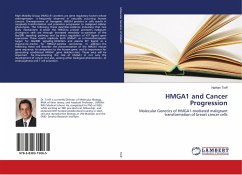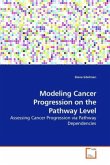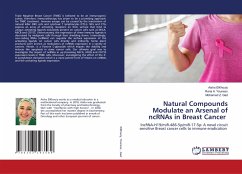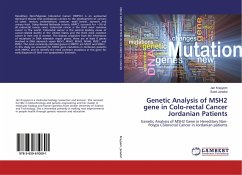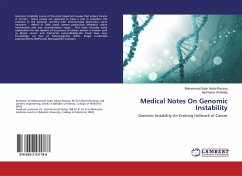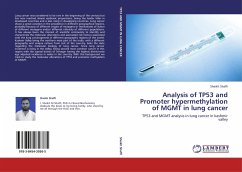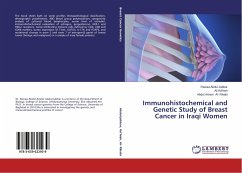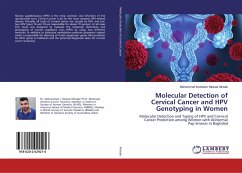High Mobility Group (HMG) A1 proteins are gene regulatory factors whose overexpression is frequently observed in naturally occurring human cancers. Overexpression of transgenic HMGA1 proteins in cells results in neoplastic transformation and promotes progression to malignant cellular phenotypes. The following thesis describes evidence indicating that two likely mechanisms in which the HMGA1a protein promotes malignant changes in cells are through increased sensitivity to activation of the Ras/ERK signaling pathway and by direct regulation of KIT ligand gene expression. These results implicate both HMGA1 as a chemotherapeutic target for Ras/ERK signaling inhibition and plasma KIT ligand as a diagnostic marker for HMGA1-positive carcinomas. In addition, the following thesis will describe the characterization of the HMGA1 mouse gene sequence, its comparison to the human gene, and its importance for generating conditional HMGA1 gene deletion mice. These mice will be important for characterizing the role of HMGA1 in not only the development of cancer, but also, among other biological phenomenon, of embryogenesis and T cell activation.

